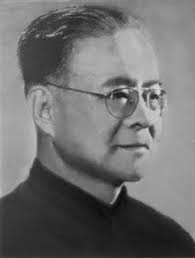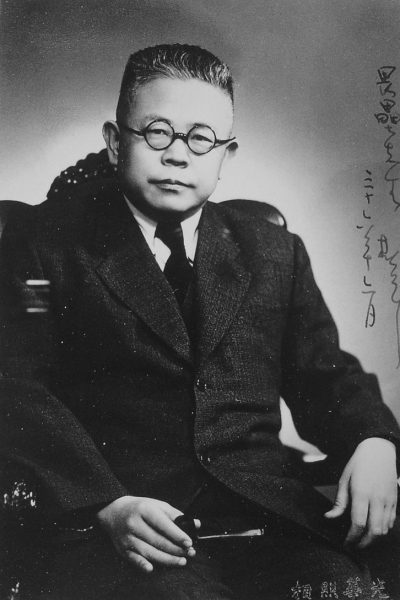Cheng Chen-to (1898-17 October 1958), literary historian, bibliophile, and editor, made major studies of the history of Chinese vernacular literature, was prominent in the Literary Research Society, and edited the Hsiao-shuoyueh-pao (Short Story Magazine). In 1937 he became dean of the college of arts and letters at Chinan University. From 1954 to 1958 he served […]







